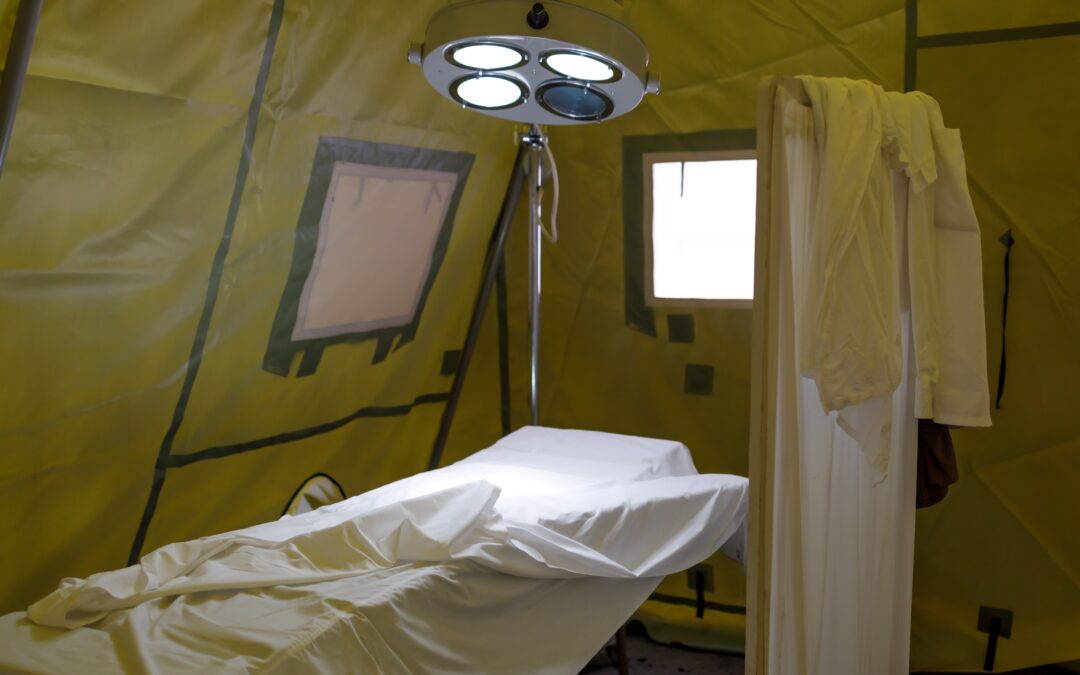Although the world has spent much of the last year focused on COVID-19, we are just now beginning to see the data on how the pandemic has impacted our most vulnerable communities.
In short, the report is not good. World health experts are reporting that the impact of the pandemic varies widely depending on the income level of the people in that community. Many of the communities we serve, often the most impoverished with grossly under-served medical needs, have been deeply impacted by the pandemic.
Which means that now, more than ever, the work we do can make a huge difference for the people we treat at our free medical clinics.
Here are just a few of the reasons Mission Partners is committed to continuing efforts to provide free medical care in underserved communities:
1. “Healthcare disruptions due to COVID-19 could reverse decades of improvements, the UN says. This could result in hundreds of thousands of additional under-five deaths this year.” (source)
More boots on the ground are needed to shore up medical providers in overwhelmed communities. Short term medical mission trips like the ones we create provide basic treatment, education, and preventative care. This free care lessens the financial burden on individuals who need it.
2. “Over 40% of countries have fewer than 10 medical doctors per 10,000 people.” (source)
There simply are not enough providers to meet the healthcare needs of people in the impoverished areas our teams visit. Short term medical mission teams can provide much needed support whole longer term initiatives work to solve the lack of provider problem. Our medical teams can lighten the load of the local healthcare providers allowing them to stretch their resources further.
3. “The latest World Health Organization (WHO) ‘pulse survey’,1 conducted in almost 135 countries, shows that the SARS-CoV-2 pandemic continues to severely disrupt the delivery of health services – with services for neglected tropical diseases (NTDs) disrupted in 44% of countries.” (source)
NTDs are a group of parasitic, viral, and bacterial diseases that impact large numbers of people living well below the poverty line. The often painful and easily spread diseases can make it hard to work, farm, or attend school. The WHO and other health experts have targeted efforts to reduce NTDs because of the direct connection between these illnesses and poverty. The COVID-19 travel bans and overwhelmed health system have hampered efforts to stop NTDs.
4. “The pandemic is estimated to have driven between 119 and 124 million more people into extreme poverty last year.” (source)
More people falling into extreme poverty means a greater number of people at risk for chronic illness due to lack of affordable and accessible medical care. While we cannot fix the problem of extreme poverty, we can offer support to those facing it by offering free care at our clinics. Our teams partner with local organizations who can continue to offer additional support to our patients long after our teams return to the US.
5. “The World Meteorological Organization reported that 2020 was one of the hottest years on record during the hottest decade on record. Not only do these disasters affect food security and nutrition, but regions with high food insecurity are also facing significant health challenges from preventable diseases.” (source)
Food insecurity increases the likelihood of malnutrition and related health conditions. Our teams provide screening, treatment, nutritional education, and supplements to those who need them. The local organizations we partner with also continue to bolsters the community with nutritional education and support as food insecurity increases.
The needs are significant but with faithful medical mission team volunteers and generous donors like you we will continue to partner with local organizations to provide medical care, education, and preventative treatment in under-served communities.
Can we count on your support? Click here to give or click here to find out more about our next trip.


